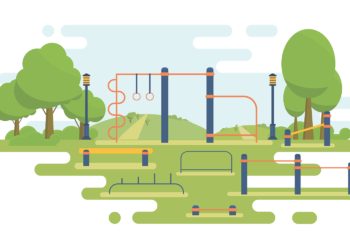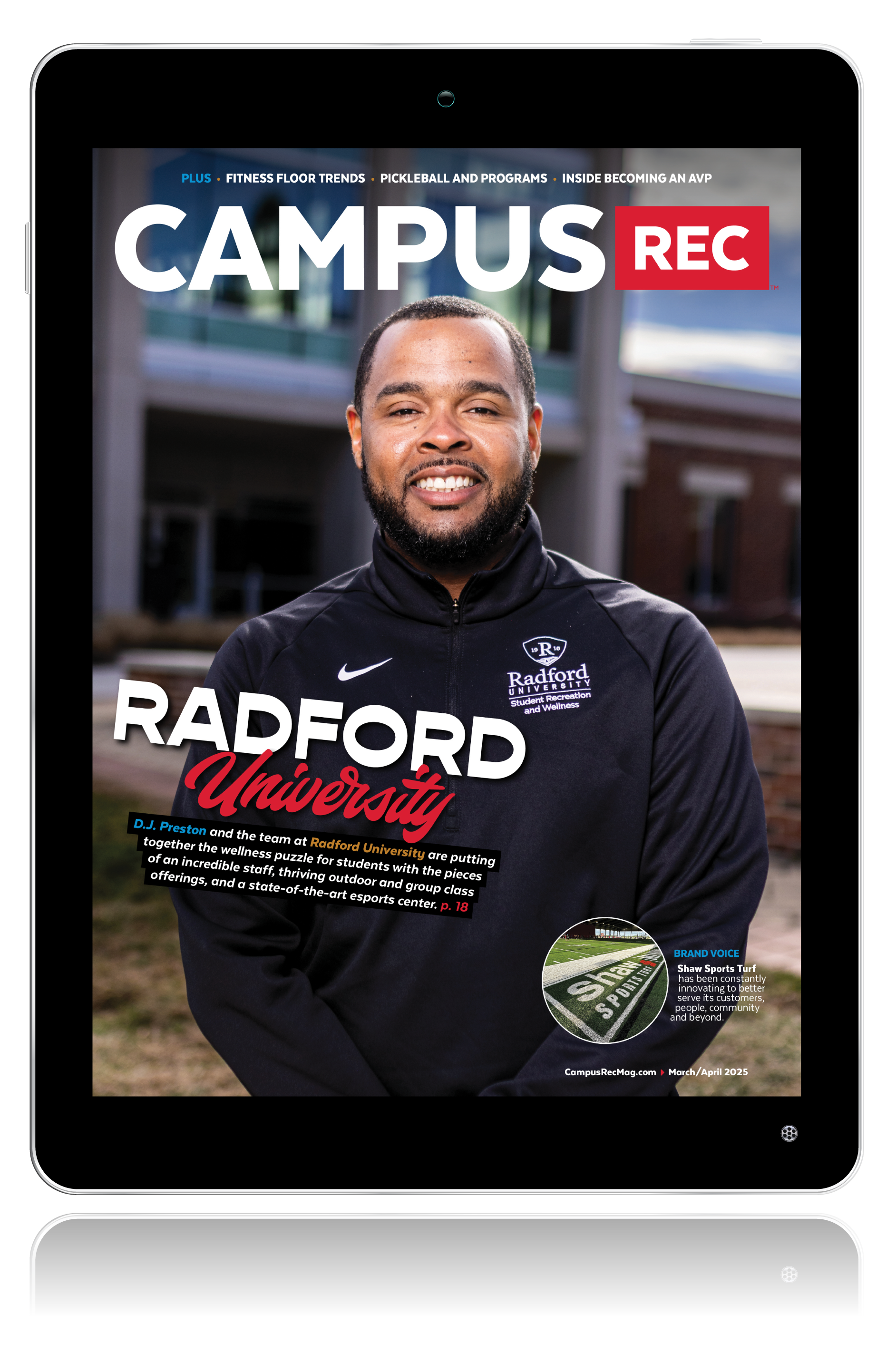Many recreation facilities have problems with air quality. Staff and patrons complain that they have a hard time breathing; they are coughing, rubbing their eyes, and during practice or meets the air is unbearable.
There are countless products that market themselves as a “silver bullet” that will fix any problem in a natatorium, but do they work? Usually not, or at least not for long. Water quality can be excellent inside a facility, but the problems remain. Air quality can lead to worker’s comp, health department, legal and structural challenges if left untreated.
One of the key factors that contributes to air quality problems in natatoriums is that when they are designed, the architect or engineer had probably not done many pools before. Typically, a design professional may handle two or three indoor pools in their career. While the system probably meets industry standards for air volume and heating/dehumidification, the airflow pattern may not be efficient. Often, aquatics facilities are designed like other large, open spaces such as gymnasiums or auditoriums. This leads to problems since aquatics facilities do not behave in the same way as other spaces.
Another key factor is chloramine buildup. When pools are working efficiently, they produce chloramine gasses into the air as a byproduct. One way to eliminate the risk of this harmful and corrosive gas is by using a well-designed 100% outside air HVAC system. These systems do not always solve the problem, can be very expensive to maintain, and are not practical in areas with cold seasons.
Another way to address the problem is source capture exhaust. Source capture removes the bad air from the facility quickly and efficiently, allowing the good air to recirculate. It is best to consult with an indoor air quality specialist to find out if a facility qualifies for source capture exhaust.
Luke Beadle is a consultant for Paddock Pool Equipment Company in Rock Hill, SC. Luke primarily works with facilities across the country to find the right solutions for their IAQ concerns. (803) 366-3822 Luke@PaddockEvacuator.com










